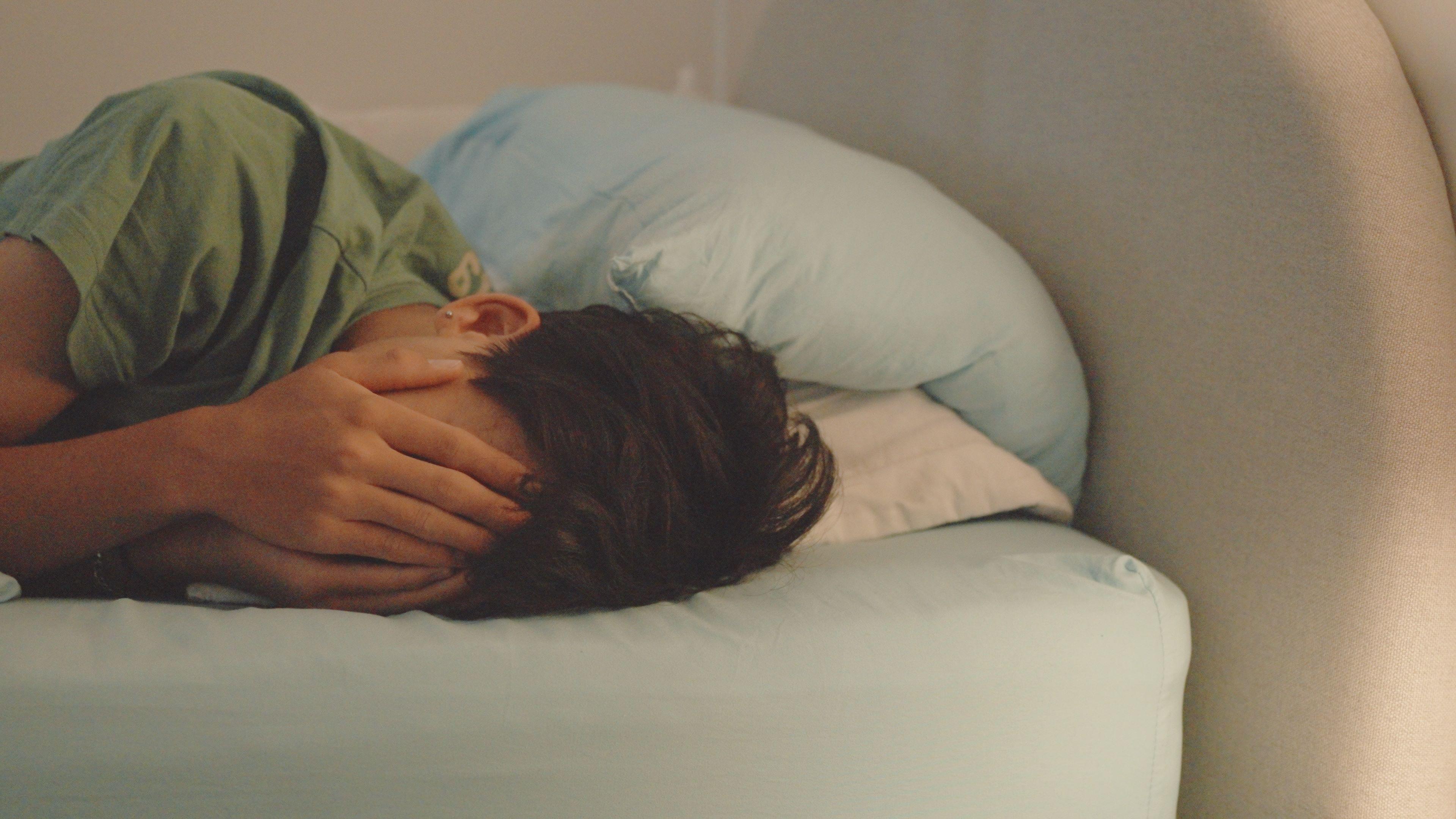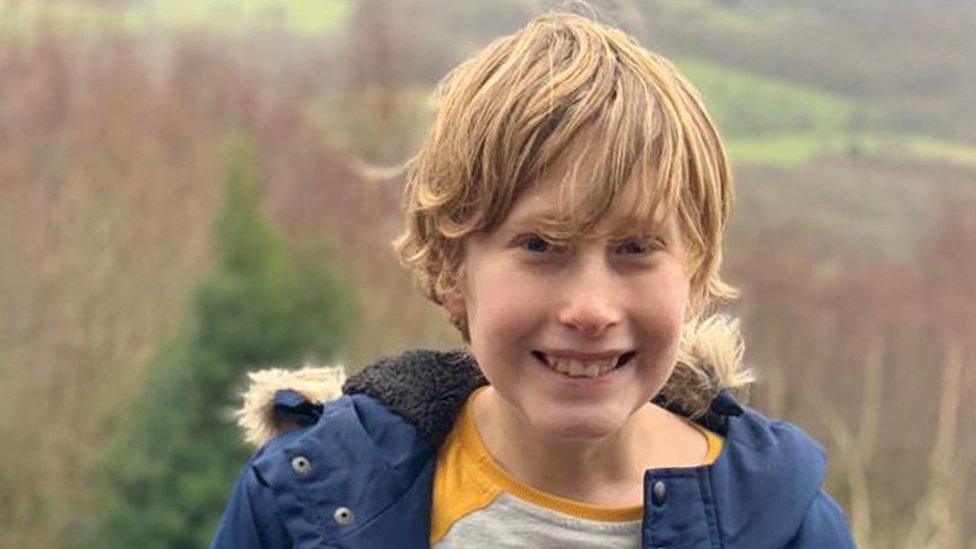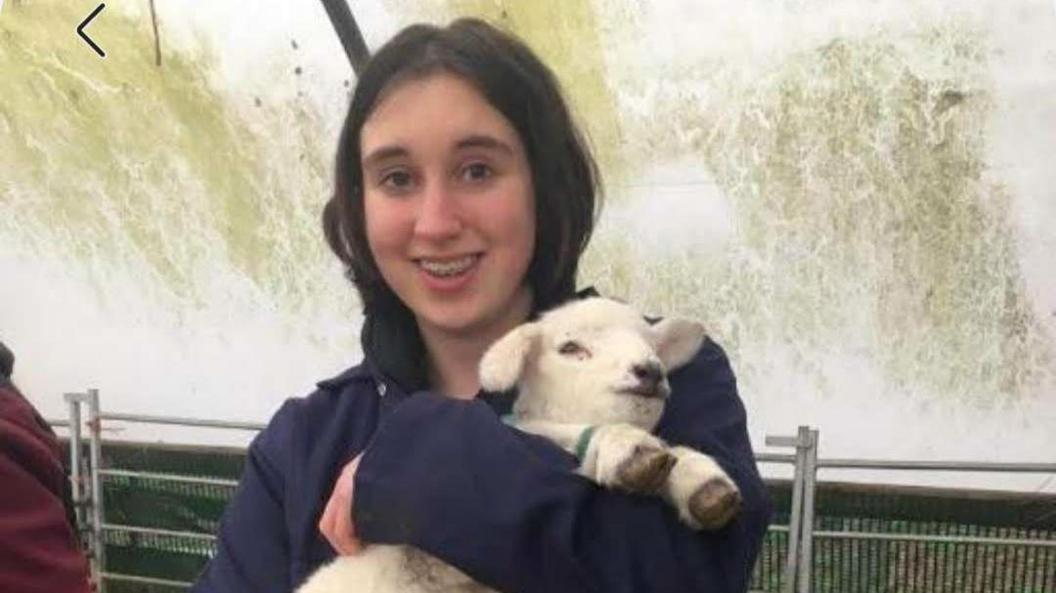Study calls for more help for autistic people

Almost 40% of participants in the latest study said they had attempted to take their own life
- Published
A university study has found "cracks in the system" may have led to high suicide rates among autistic people.
The collaborative research by Bournemouth University and the University of Cambridge involved about 1,400 autistic people and found almost 40% had attempted to take their own life.
It comes after previous research had shown one in four autistic people had attempted to end their life, external, compared to one in 37 non-autistic people, external.
The Department of Health and Social Care called the findings "shocking" and said it was "committed to improving support for autistic people".
The participants blamed a variety of factors, including "traumatising" school days where they were victimised and lacked appropriate support, which continued into adult life.
They claimed they were often misunderstood, disbelieved and invalidated when they tried to seek professional support, which contributed to feelings of hopelessness and despair.
They also spoke about the strain caused by "inconsistent and unpredictable" health and social care, and battles with the "demeaning" and "cruel" benefits system, which left many feeling like a burden on their loved ones.
Lead author Dr Rachel Moseley, principal academic in psychology at Bournemouth University, said "Our study shows that suicide in autistic people is a public health crisis rooted in cracks in the system – gaps and inequalities in access to education, employment, health and social care – through which autistic people are at risk of falling, and which contribute to suicide and excess mortality.
"The findings should serve as an urgent call for action for key decision-makers in government.
"The results indicate that reducing waiting times for an autism assessment, and providing post-diagnostic care, as well as increasing capacity for health and social care professionals to support autistic people, should be priorities for the government."
A Department of Health and Social Care spokesperson said: "These findings are shocking, and we are committed to improving support for autistic people. The NHS is helping local areas deliver more autism assessment services, rolling out mandatory training for all NHS staff, along with enhanced autism training for psychiatrists.
"We are committed to reducing suicide and are transforming mental health services with an extra £688m, and have hired 6,700 more mental health workers, delivering more talking therapies and providing better access to support through the NHS App."
The BBC has contacted the Department for Education for a response to the study.
If you have been affected by any of the issues raised in this story, information and support can be found at the BBC's Action Line.
Get in touch
Do you have a story BBC Berkshire should cover?
You can follow BBC Dorset on Facebook, external, X, external, or Instagram, external.
Related topics
- Published2 September

- Published7 September 2023

- Published3 May 2024
